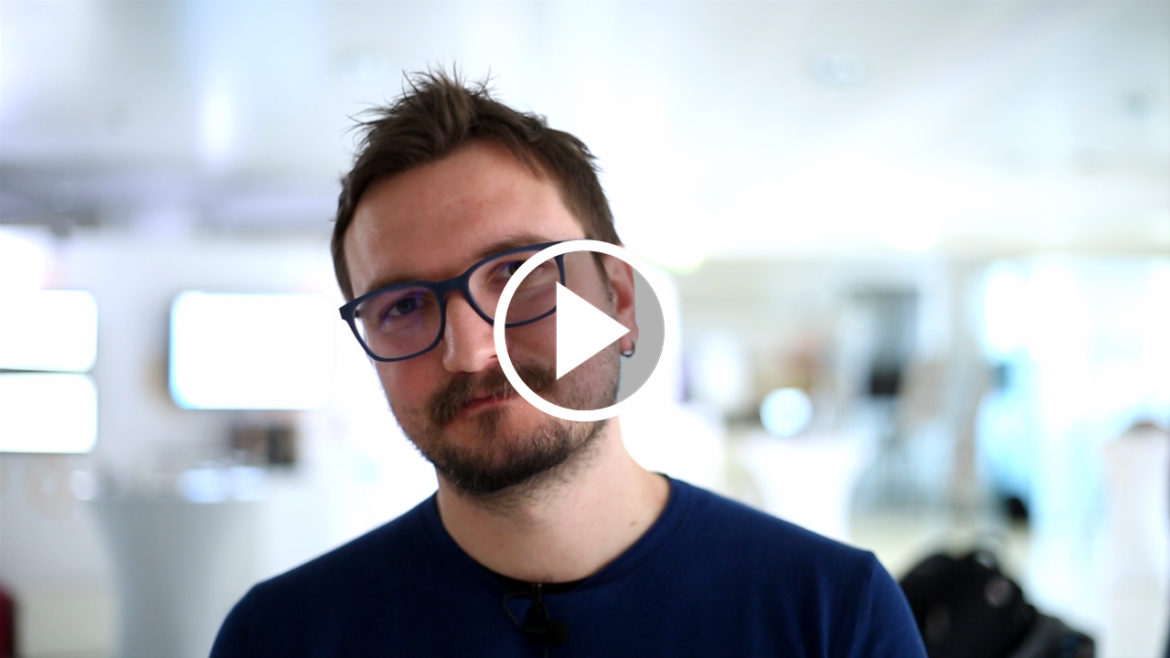The Humane AI kick-off meeting was held on 11 April 2019 at the CINIQ center in Berlin with all partners attending.
Humane AI, with project number 761758, is funded under the topic “FET FLAGSHIPS – Tackling grand interdisciplinary science and technology challenges” of European Union’s Horizon 2020 research and innovation programme.
The focus is on human-centered AI, with a strong emphasis on ethics, values by design, and appropriate consideration of related legal and social issues. The HumanE AI project will mobilize a research landscape far beyond the direct project funding and create a unique innovation ecosystem that offers substantial return on investment. It will result in significant disruption across its socio-economic impact areas, including Industry 4.0, health & well-being, mobility, education, policy and finance. It will spearhead the efforts required to help Europe achieve a step-change in AI uptake across the economy.
The consortium with 35 partners from 17 countries, including four large industrial members, has defined further steps to implement a full research agenda in Human oriented AI and a strategy to mobilize major scientific, industrial, political and public support for this vision.

The Humane AI kick-off meeting was held on 11 April 2019 at the CINIQ center in Berlin with all partners attending.

The Humane AI kick-off meeting was held on 11 April 2019 at the CINIQ center in Berlin with all partners attending.

The Humane AI kick-off meeting was held on 11 April 2019 at the CINIQ center in Berlin with all partners attending.

The Humane AI kick-off meeting was held on 11 April 2019 at the CINIQ center in Berlin with all partners attending.

The Humane AI kick-off meeting was held on 11 April 2019 at the CINIQ center in Berlin with all partners attending.

The Humane AI kick-off meeting was held on 11 April 2019 at the CINIQ center in Berlin with all partners attending.

The Humane AI kick-off meeting was held on 11 April 2019 at the CINIQ center in Berlin with all partners attending.

The Humane AI kick-off meeting was held on 11 April 2019 at the CINIQ center in Berlin with all partners attending.

The Humane AI kick-off meeting was held on 11 April 2019 at the CINIQ center in Berlin with all partners attending.

The Humane AI kick-off meeting was held on 11 April 2019 at the CINIQ center in Berlin with all partners attending.

The Humane AI kick-off meeting was held on 11 April 2019 at the CINIQ center in Berlin with all partners attending.

The Humane AI kick-off meeting was held on 11 April 2019 at the CINIQ center in Berlin with all partners attending.

The Humane AI kick-off meeting was held on 11 April 2019 at the CINIQ center in Berlin with all partners attending.

The Humane AI kick-off meeting was held on 11 April 2019 at the CINIQ center in Berlin with all partners attending.

The Humane AI kick-off meeting was held on 11 April 2019 at the CINIQ center in Berlin with all partners attending.

The Humane AI kick-off meeting was held on 11 April 2019 at the CINIQ center in Berlin with all partners attending.

The Humane AI kick-off meeting was held on 11 April 2019 at the CINIQ center in Berlin with all partners attending.

The Humane AI kick-off meeting was held on 11 April 2019 at the CINIQ center in Berlin with all partners attending.

The Humane AI kick-off meeting was held on 11 April 2019 at the CINIQ center in Berlin with all partners attending.

The Humane AI kick-off meeting was held on 11 April 2019 at the CINIQ center in Berlin with all partners attending.

The Humane AI kick-off meeting was held on 11 April 2019 at the CINIQ center in Berlin with all partners attending.

The Humane AI kick-off meeting was held on 11 April 2019 at the CINIQ center in Berlin with all partners attending.

The Humane AI kick-off meeting was held on 11 April 2019 at the CINIQ center in Berlin with all partners attending.



































